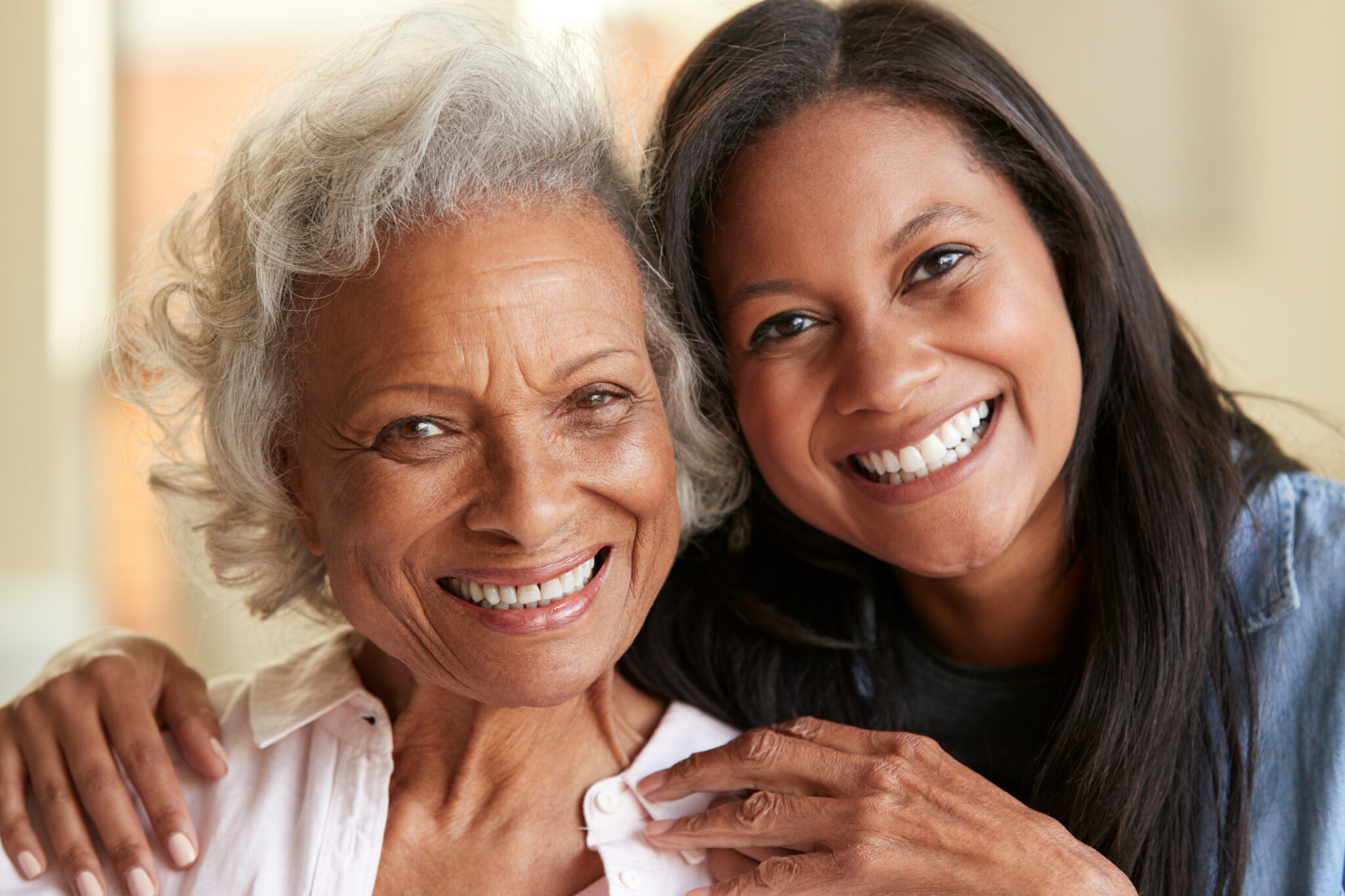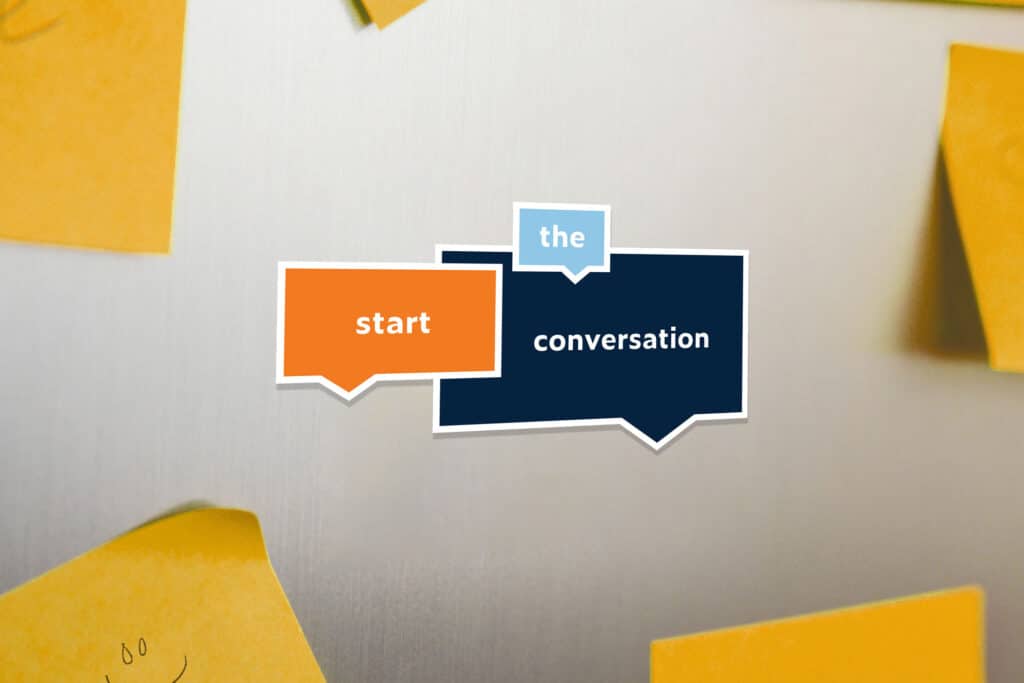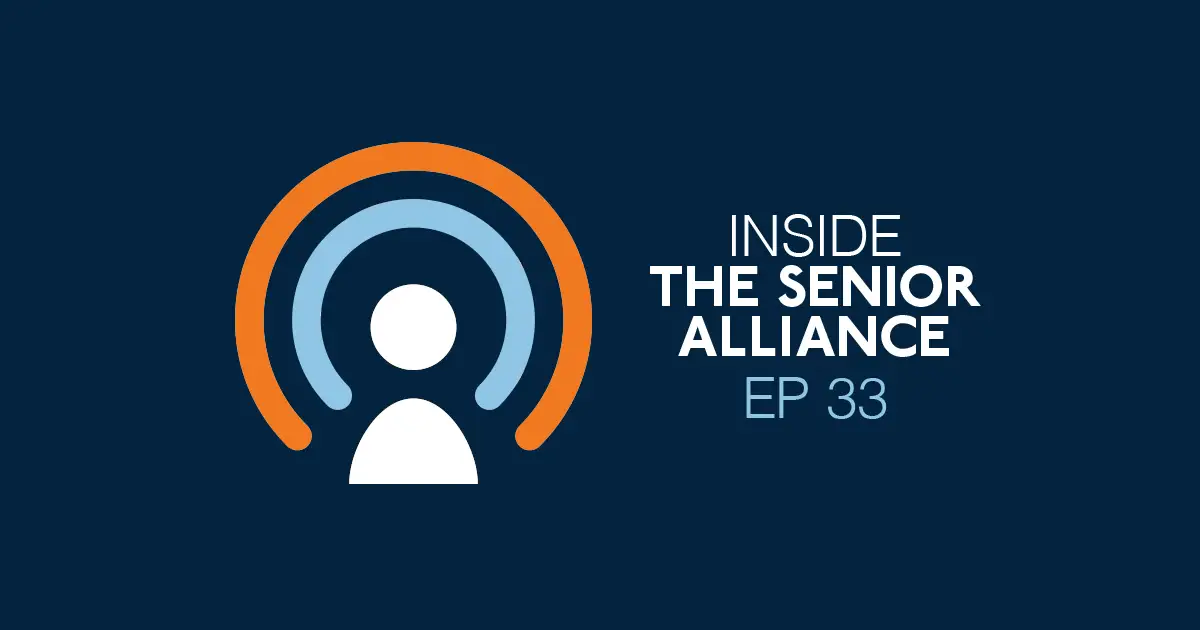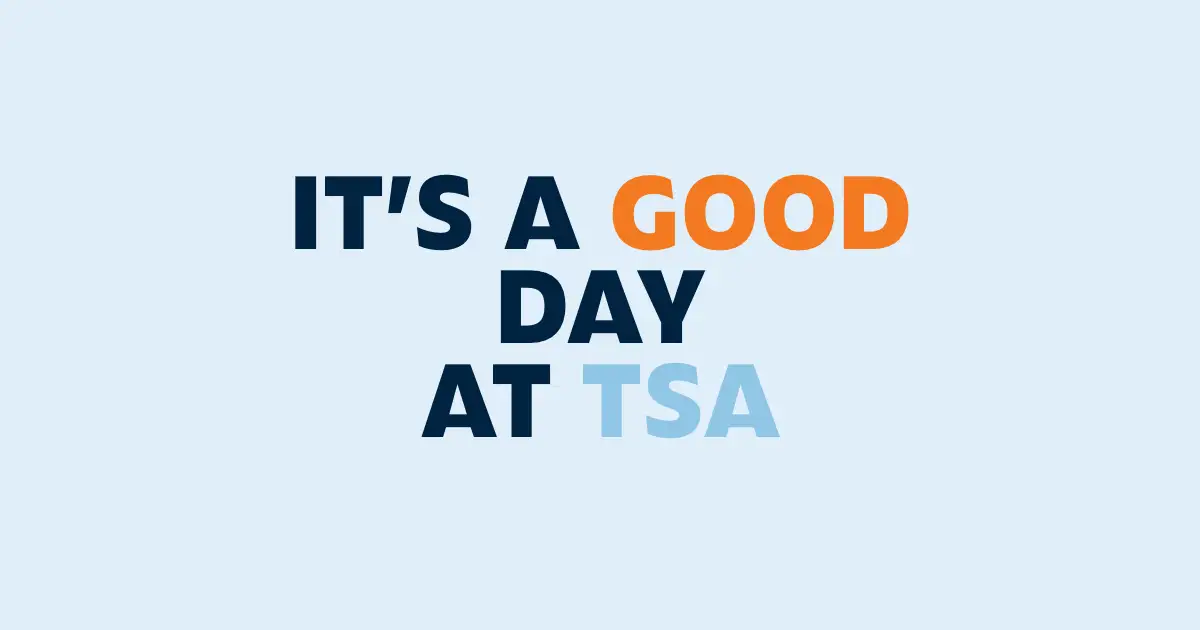
Honoring Caregivers in the Black Community
During this Black History Month, we honor the commitment and sacrifices of caregivers in the Black community.





Use our Resource Directory to get access to things like meal delivery, caregiving services, in-home help, and more.
Every year, on March 3, we honor Caregiver Appreciation Day. This is a time to recognize and celebrate the unwavering dedication of caregivers who provide essential support to loved ones in need.
Whether they are family members, friends, or professional caregivers, their compassion and sacrifice play a vital role in the well-being of countless aging adults or adults living with a disability.
Caregiving has been a fundamental part of human society for centuries. In ancient civilizations, caregiving often fell to family members, particularly women, who provided care within multigenerational households.
The evolution of caregiving roles has been influenced by various factors, including demographic shifts and societal developments. The late 1970s and early 1980s marked a pivotal period for the development of respite and family support services, particularly through the initiatives of parents of children with disabilities. These efforts led to the establishment of family support as a recognized service within the field of intellectual and developmental disabilities, becoming an integral part of state and local service systems in the United States by the 1990s.
Today, caregiving encompasses a broad spectrum of responsibilities, from managing medical needs to providing emotional support, often without financial compensation. In the United States, millions of caregivers offer unpaid assistance to loved ones, underscoring the enduring importance of caregiving in our communities.
A 2023 study revealed that individuals aged 15 and older in the U.S. average nearly 245 hours of unpaid care annually, including activities such as preparing children for bed, supervising after-school activities, or accompanying older neighbors to medical appointments. If compensated at the rate of professional care workers, this unpaid care would be valued at over $1 trillion each year.
Notably, two-thirds (65%) of this unpaid care work is performed by women, who spend an average of nearly 296 hours each per year on caregiving, equating to more than $643 billion in unpaid care work.
This substantial contribution highlights the critical role caregivers play in supporting the well-being of aging adults and adults living with a disability. Recognizing and valuing the efforts of caregivers is essential, as they provide indispensable services that often go unnoticed yet are vital to the health and cohesion of our communities.
Caregivers dedicate countless hours to the well-being of others, often balancing personal responsibilities with caregiving duties. This can lead to emotional, physical, and financial strain. Many caregivers experience burnout, isolation, and stress, making it crucial to provide them with the support they need.
The demands of caregiving can result in substantial emotional and physical challenges. Studies indicate that more than 60% of caregivers experience symptoms of burnout, including fatigue, stress, anxiety, and depression. These symptoms can adversely affect their overall health and well-being. Additionally, caregivers often report sleep disturbances and a weakened immune system, further compromising their health.
Caregiving responsibilities frequently lead to financial challenges. Many caregivers reduce their work hours or leave the workforce entirely to provide care, resulting in lost income and diminished retirement savings. Out-of-pocket expenses for medical treatments, medications, and other care-related costs can accumulate, exacerbating financial burdens. Notably, unpaid caregiving can delay retirement by up to 21 years, highlighting the significant economic impact on caregivers.
The cumulative effect of these stressors can lead to caregiver burnout, characterized by emotional, mental, and physical exhaustion. Approximately 94% of surveyed caregivers reported feeling physically or mentally exhausted due to their caregiving responsibilities. Furthermore, the time-intensive nature of caregiving can lead to social isolation, as caregivers may have limited opportunities to engage in social activities or maintain personal relationships, contributing to feelings of loneliness and exacerbating mental health challenges.
Providing caregivers with the support they need is crucial.
Recognizing and addressing the multifaceted challenges caregivers face is essential for their well-being and the well-being of those in their care.
At The Senior Alliance, we recognize the invaluable role caregivers play and strive to provide them with the tools and resources they need to thrive. Our Caregiving Haven website offers essential support, including:
Provides invaluable tips and comprehensive information about assessment and planning, wellness and communication, self-care, and other topics of interest to family and informal caregivers.
Create your own personalized binder using a range of customizable templates designed to help you plan and manage your loved one’s care.
Caregiver support groups, podcasts, and online communities can offer safe havens for sharing advice and receiving empathy and support from fellow caregivers.
Most caregivers find themselves in their role with little or no training or preparation. The Senior Alliance has resources, including training calendars for webinars, workshops, and opportunities to enhance your skills, along with a caregiver video library of 50+ online classes for education, support, and guidance.
Visit The Senior Alliance’s Caregiving Haven to explore these resources and other resources and learn how you can receive the support you deserve.
In honor of Caregiver Appreciation Day, take a moment this month to express gratitude to the caregivers in your life. A simple thank-you, a heartfelt note, or an offer of assistance can make a significant impact.
If you are a caregiver yourself, remember that you are not alone—there is a community ready to support you.
For more information about the programs and resources we offer, visit thesenioralliance.org or connect with someone on our team about services and resources. Call us at 734-722-2830 or email us at info@thesenioralliance.org.

During this Black History Month, we honor the commitment and sacrifices of caregivers in the Black community.

Podcast: Play in new window | Download
In this episode, Emma Case, Planning and Advocacy Specialist at The Senior Alliance talks to Matt Phelan, Public Policy and Advocacy Manager at the Alzheimers Association of Michigan. They talk about the work that the Alzheimers Association of Michigan does, the differences between Alzheimer’s and Dementia, and the status of their efforts in getting Alzheimer’s and Dementia treatments approved through Medicare and Medicaid. They also discuss new treatments for Alzheimer’s and Dementia and how listeners can get involved in advocacy for those living with Alzheimer’s and Dementia.
thesenioralliance.org
Produced by The Senior Alliance and Blazing Kiss Media

It’s a good day at TSA: Suicide Awareness, New Star of the Month, Meals on Wheels, New Podcast Episode